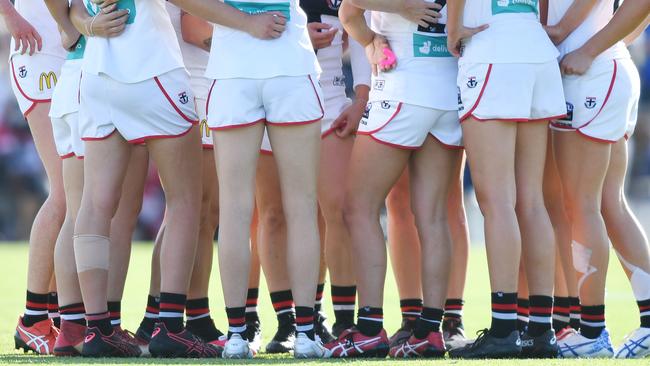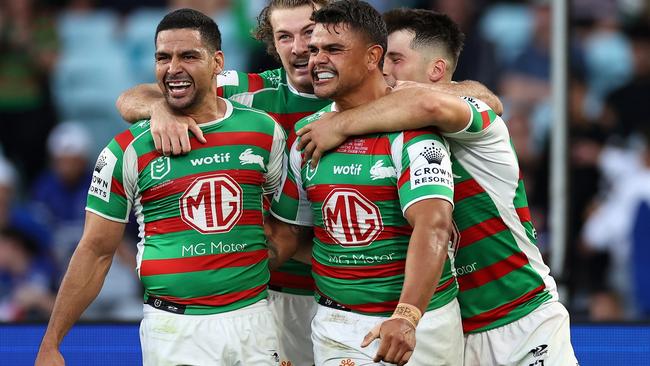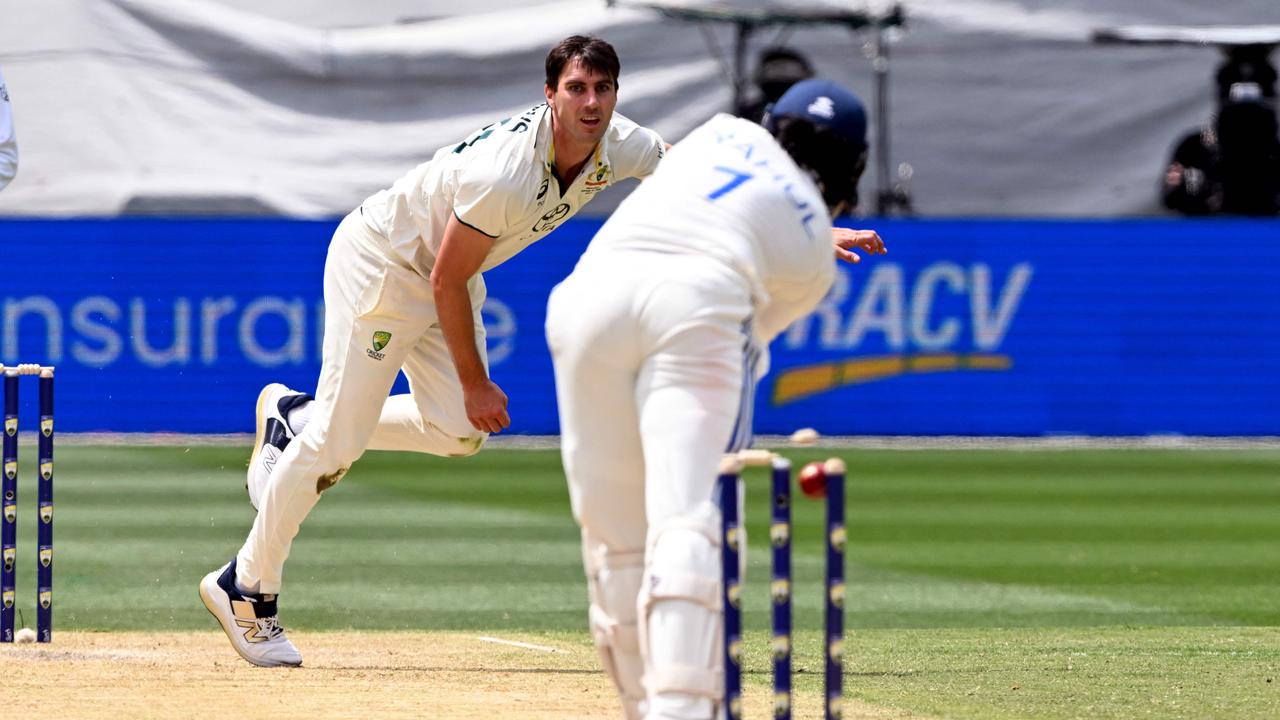Social media abuse in sport, special investigation: Deepfake porn threat to Australian athletes
A former counter-terrorism expert has exposed the disgusting levels of abuse directed at athletes including weekly rape threats, daily racial slurs and a disturbing new porn trend.
CODE Sports Investigations
Don't miss out on the headlines from CODE Sports Investigations. Followed categories will be added to My News.
A former counter-terrorism expert fears Australian athletes could resort to self-harming if sporting bodies don’t start doing more to protect them from social media abuse.
In a shocking warning of just how toxic online hate speech has become, former Australian intelligence officer and homeland security expert Shane Britten said female athletes were now being subjected to weekly online rape threats while indigenous athletes were being racially abused daily.
“It’s just awful,” Britten told Code Sports.
“A lot of online abuse is related to sports betting, where they’ll blame the athlete for them losing a bet, but female and indigenous athletes consistently get it.
“On average, the top level female athletes we’ve seen will get what we would call a rape threat once a week.
“But it’s the treatment of indigenous athletes where we as a country have got a lot to answer for. Indigenous athletes who have a substantial online presence, average more than one racially abusive comment per day.”
Athletes are already being hounded by increasingly vile online content but Britten warns the worst may be to come after the emergence of a sickening trend that’s already booming overseas.

A NEW THREAT
Commonly known as deepfake pornography, it’s a new technology that allows unscrupulous users to paste someone else’s face on X-rated videos.
Because it’s virtually impossible for anyone to tell that the faces have been superimposed, it’s led to an explosion of fake online films, mostly featuring the images of celebrities and athletes.
Government agencies, social media platforms and sporting bodies all know about existing and emerging threats but have been criticised for acting too slowly with some sceptics claiming social media platforms are profiting from online abuse because toxic comments are good for business because they attract more eyeballs and replies and subsequently more advertising revenue.
The government has already introduced significant new legislation to try and counter the problems while sporting bodies are developing educational and wellbeing programs to help safeguard athletes.

But Britten, who is also the CEO of Crime Stoppers International and Founder of SocialProtect, says it’s naive to think social media platforms or legislation will fix the problem because it runs deeper than that.
“The short answer is they‘re not doing enough and they’re not being proactive. And I think that does become compliance versus actively engaging in something that is detrimental to society and not just trying to tick a box,” he said.
“You also can’t legislate and criminalise people being arseholes. We’re not going to be able to change the behaviour because people have always been arseholes.
“The difference is that in the past, anyone who wanted to abuse a player had to go along to a game and try to catch their ear but now they’ve got a direct channel which is open to abuse.
“And the only way anything happens is if someone makes a complaint but the police aren‘t necessarily equipped with the tools to identify who the person is.
“And even if they do, there’s an evidentiary issue because even if a message is sent on a phone or through an account it’s hard to prove who actually sent it.”
THE ONLY SOLUTION
Britten says the only viable solution to stemming the flow of foul content is through technology.
Working alongside former Wallabies coach Michael Cheika and NRL legend Steve Menzies, he has developed an app which deletes any revolting comments from their social media accounts within seconds, before the athletes read them
It’s similar to state-of-the-art technology being used overseas and is already being trialled by a number of NRL and AFL clubs, including Carlton.
“In the space of three weeks, we‘ve deleted more than 4,000 comments from their pages and that’s just the Carlton Club, not the players,” Britten said.
“Some people have suggested that athletes just turn off social media but that’s not the solution so what we’re trying to do is remove the negative stuff so you could still have positive interaction with people.
“We‘ve seen a lot of senior athletes just let it go, like it’s water off a duck’s back, and that’s OK to some extent but the comments are still there for young people to see and they can start to think it’s normal or acceptable when it’s not.
“There’s others who turn off comments on every post and some who fight back, which tends to get them dragged into all sorts of other stuff.
“And then there‘s people whose lives are affected as well as their on field performances.
“We’ve dealt with a number of players who would almost excessively read the negative criticism of them and the abusive commentary before a game and it would affect the performance.
“Their heads go down and it becomes a self-fulfilling prophecy because they take every negative comment to represent 100 comments and the positive ones to only represent ten.
“I think we‘ll probably see an increase in self-harm because this is having an impact mentally on families as well and it’s hard to picture any way that this self regulates because the platforms are awful at this.
“But we need to do better and it‘s such a prevalent issue that there’s no way anyone can say ‘there’s a solution out there but we don’t want it.’”
Originally published as Social media abuse in sport, special investigation: Deepfake porn threat to Australian athletes



